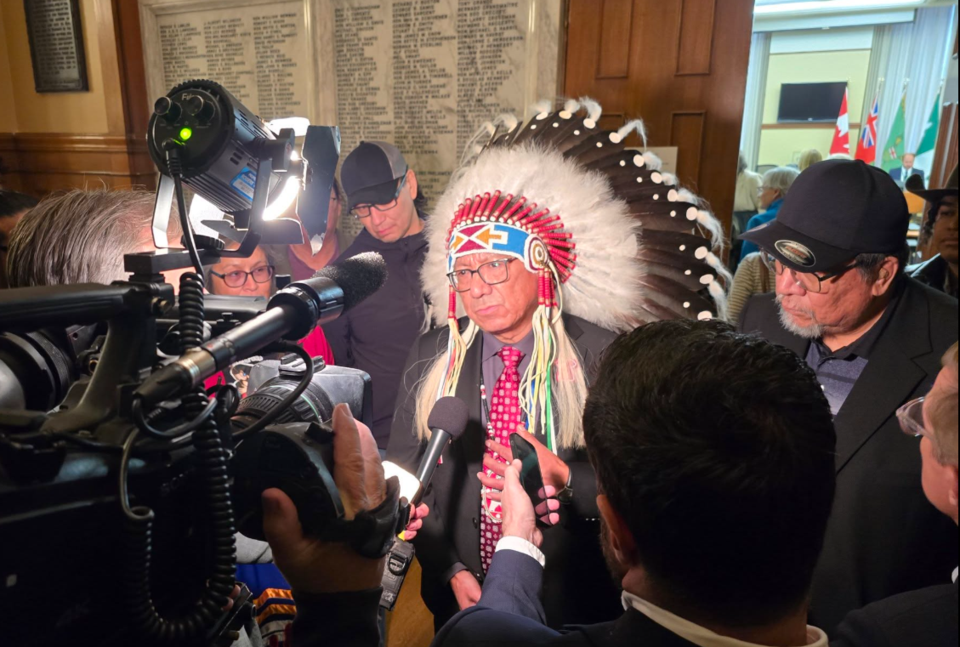The Ford government’s bill to accelerate natural resource development in Ontario continues to draw fire from Indigenous groups.
Thunder Bay-based Nishnawbe Aski Nation (NAN) said last week it stands united and “firmly opposed” against Bill 5 over what it views as a piece of imposed government legislation that overrides First Nation authority on its territorial lands.
In calling the Ontario government’s approach to speed up development in economic areas of interests as “deeply flawed” and “insulting” to its people, NAN contends the bill will strip them of their rights and regulations when it come to governing resource development in their territories.
Bill 5 was introduced in the Ontario legislature April 17 and is at the second reading stage before the Standing Committee on the Interior at Queen’s Park. The hearings continue today.
Known legislatively as the Protect Ontario by Unleashing our Economy Act, it's part of the Ford government’s ‘red tape’ regulatory reducing strategy to fast-track infrastructure and natural resource projects, using the U.S. trade war as an imperative for action.
“Bill 5 is a direct attack on our Nations, our people, our treaties, and our future generations,” said NAN Grand Chief Alvin Fiddler at the committee on May 22.
“Ontario is claiming they are fast-tracking this legislation and eliminating red tape to respond to tariffs and global economic instability. However, it is clear their goal is to fast-track development in our territories and eliminating red tape really means eliminating our rights.”
NAN is a political organization representing 51 communities in the Treaty 9 and Treaty 5 areas of Northern Ontario.
The NAN First Nations contend they are the “stewards of the ancestral lands and waters of the entire NAN territorial boundaries” and assert themselves as the rights holders of these lands, governed by their own sacred and traditional laws and customs.
The bill has outraged Indigenous groups across Ontario, including the 39-member Anishinabek Nation recently and the development-minded Wabun Tribal Council in northeastern Ontario.
What’s angered First Nations is a provision in the bill that allows cabinet to designate certain areas of economic interest in Ontario as “special economic zones” and usurp the rules, regulations and processes that would normally govern development in that space.
One of these special economic zones will most likely be the Ring of Fire mineral belt in the James Bay region, a languishing and highly contentious mineral play in Ontario’s Far North.
In a statement, Wunnumin Lake First Nation Chief Archie Wabasse expressed his disappointment that the bill is proceeding without consulting First Nations whose rights and territorial lands will be impacted, a “clear contradiction” of past Supreme Court rulings.
His remote Oji-Cree community is 500 kilometres north of Thunder Bay.
“I am not against resource development,” said Wabasse. “Our people want to work, to build, to prosper. We want to contribute to the economy. But we will not stand aside while decisions are made without us — decisions that will impact our lands, waters, animals, culture, and future generations.
“If Bill 5 goes forward in its current form, it sends a message that Ontario values speed and industry over reconciliation, and short-term profits over longstanding relationships,” said Wabasse.


